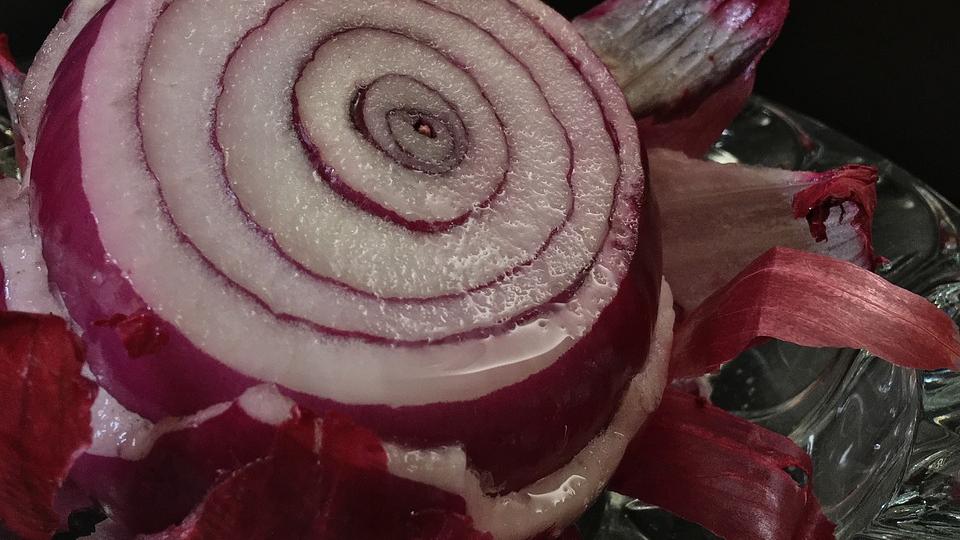
Although you might have heard that moderate alcohol consumption offers some health benefits, the fact remains that those benefits are hotly debated by members of the medical community because of alcohol’s toxic and addictive nature. The negatives related to alcohol consumption are many and well-known. Its toxic quality is so bad that the liver tries to clean it out of the body as quickly as possible.
Binge and heavy drinking have been linked to:
– Other types of substance abuses
– Distracted and impaired driving
– Increased risk of accidental at-home and on-the-job accidents and related injuries and deaths
– Heightened suicidal or aggressive and violent thoughts and actions
– Lowered inhibitions and various related behaviors that often result in permanent damage to public reputations and relationships
Of course, alcohol also causes physical damage that can become irreversible if not halted in time. Ending an alcohol addiction offers numerous health benefits:
Lower BP
Alcohol increases blood pressure. When your BP is through the roof, your risk of a heart attack or stroke and related mobility, speech, mood and personality changes also increases. When you quit drinking, you start seeing benefits to your circulatory system and related areas also immediately, as long as the damage isn’t too severe. Since higher blood pressure puts strain on the walls of blood vessels, you also reduce the risk of experiencing spider and varicose veins and related pain and blood clots.
Improved Mind
Beyond causing strokes that can result in permanent brain damage, alcohol disrupts and slows down communication processes between neurotransmitters and neurons and kills brain cells. Once that happens, you experience those mood and personality changes that often occur when the numbness and elevated mood or buzz wears off. Slower cognition makes thinking, focusing and multi-tasking difficult. It can also slur speech and physical movements and cause heightened fatigue and insomnia. As long as you don’t have any underlying medical conditions, such as a mental health problem, nutrient deficiency or chronic condition that affects the brain, all of these problems should resolve over time when you stop drinking.
Healthier Liver
Since alcohol again is a toxin and the liver helps filter toxins out of the body, binge and heavy drinking causes the liver to overwork and stop working correctly. You can reverse most alcohol-related liver damage, including inflammation or hepatitis and fatty liver issues that result from the liver retaining lipids when overwhelmed by toxins. Outside of severe cases, you can also typically reverse yellowing of the eyes, skin and other areas of the body, or jaundice, that occurs from poor liver processing a pigment byproduct of the breakdown of hemoglobin known as bilirubin. Since the liver regenerates, you can restore it to great health unless you’re experiencing liver failure or cirrhosis.
Better Digestion
When you quit alcohol, your gastrointestinal system can start to show signs of improvement within days. As the body processes alcohol, gas forms that makes eating and bathroom trips painful. Alcohol also interferes with nutrient absorption by making you want to eat less high-nutrient foods and damaging the lining of the intestines that absorb nutrients. Worse yet, alcoholics often experience open sores known as peptic ulcers in their stomach as a result of drinking too much because the alcohol inflames the stomach lining and causes bleeding. With each drink, inflammation prevents these ulcers from healing properly.
Weight Loss
Gas from alcohol makes people bloated and appear heavier than they’re actual physical weight. Alcoholic beverages also contain a lot of empty calories that are metabolized rapidly. Some people binge-eat fatty and high carbohydrate snacks and meals during their initial buzz. During detox, you’re more likely to lose weight because withdrawal symptoms include nausea. Once you’ve reduced your high calorie intake from alcohol and start eating healthier foods in moderation, you can keep off the weight as long as you don’t start overeating or consuming too many sugary snacks.
Extra Benefits
Ending alcohol consumption can even make your relationships less stressful by reducing the number of incidents caused by mood changes when drunk. Alcohol also forces the body into dehydration. An added benefit to sobriety is healthier skin that looks fuller and less wrinkled and flaky. With a sound money management plan, ending alcohol addiction and wasteful spending that comes with it can reduce stress related to not having enough money to pay bills or handle expensive emergencies.
It’s important to keep in mind that alcohol is often abused by people who abuse other drugs or suffer from mental health problems. Individuals that have post traumatic stress disorder are also at higher risk. If you have an underlying problem, you should speak with your doctor about local counseling options and lifestyle changes. You may even need to seek professional alcohol or drug addiction treatment. Many people fall of the wagon because they quit cold turkey and then fail to address the real causes of their addiction.










